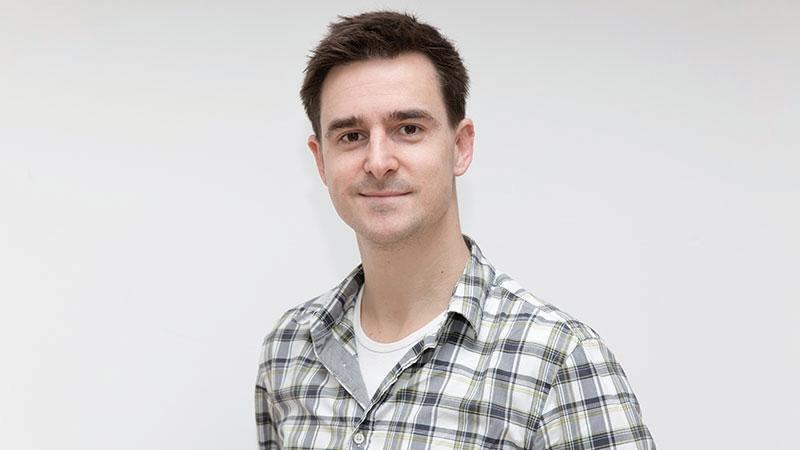Professor Lewis Dartnell of Science Communication at the University of Westminster has discussed in LiveScience the conditions required to float through space, experiencing life without the Earth’s gravitational pull.

The key to weightlessness, Professor Dartnell has revealed, is that you must be "freely accelerating towards the ground at the acceleration of gravity before air resistance builds up too much."
Technically, "you can experience weightlessness at any altitude."
Crucially, Dartnell clarified that "weightlessness is more correctly known as 'microgravity'" and that “experiencing weightlessness doesn't mean the absence of gravity, just that you are freely accelerating with gravity."
Though we can experience weightlessness “just by jumping off a step”, whereby our body “will be in freefall for a very short period”, Dartnell has championed the International Space Station (ISS) as the ultimate location for experiencing weightlessness.
"The ISS is in orbit, which means it is moving so quickly that even though it is constantly falling towards the Earth, it keeps 'missing' because of the curvature of the planet," Dartnell said. "The ISS and the astronauts inside are in perpetual freefall, and so experience microgravity 'weightlessness.'"
While weightlessness can be idealised in sci-fi films and the like, Dartnell explained that it can have significant downsides.
"Although floating around in zero-G looks like a load of fun, when astronauts spend several months, or longer, in weightlessness, it can have several negative effects on their health…muscles begin to weaken — especially the heart muscles as they no longer have to pump blood uphill.
"The skeleton responds to weightlessness by 'demineralising' and losing calcium, which leads to fragile bones and osteoporosis," Dartnell noted. "Astronauts try to combat these effects by doing lots of exercise while in space against the resistance of bungee cords, but even so, once they return to Earth they cannot stand up at first, and it takes them a long while to recover."
Professor Lewis Dartnell is part of the University’s Applied Biotechnology Research Group.
Read the full ‘How Can You Experience Weightlessness?’ article at LiveScience.


